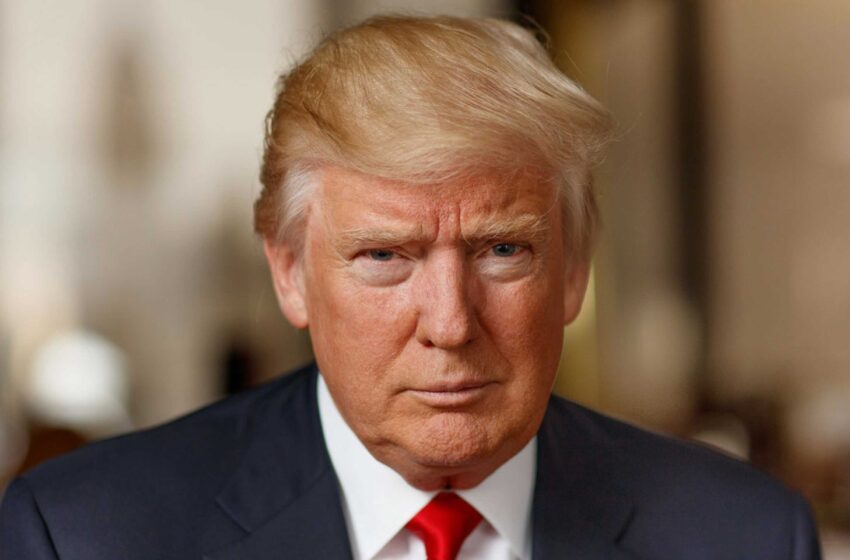Eswatini receives first Third‑Country deportees under new U.S. policy

Donald Trump. Picture: David Hume Kennerly/Getty Images
In a historic and controversial move, the United States government has deported five convicted criminals to Eswatini, marking the first major use of third‑country deportations following a recent Supreme Court decision. This policy permits migrants to be removed to countries where they are not citizens, raising serious legal and human rights concerns.
Who Were Deported and Why Eswatini?
The five deportees, citizens of Vietnam, Jamaica, Laos, Cuba, and Yemen, were described by DHS as “so uniquely barbaric that their home countries refused to take them back.” Crimes include child rape, murder, and assault, allegations that, DHS says, justify the unprecedented third-country removal.
The destination, Eswatini, is a small, absolute monarchy ruled by King Mswati III, located between South Africa and Mozambique, and previously known as Swaziland. The kingdom has faced criticism for human rights violations, sparking concerns about the welfare and legal status of the deportees entering unfamiliar territory.
Supreme Court Greenlights Policy
In late June, the U.S. Supreme Court lifted a judicial hold preventing the government from deporting migrants to non‑origin countries, underpinning the renewed third-country deportation policy. The court permitted expedited removal, even with as little as six hours’ notice in urgent cases, as long as basic procedural checkpoints are met, such as access to counsel.
Past Precedents: South Sudan and More
This flight to Eswatini follows similar third‑country deportation exercises. Earlier this month, eight migrants, mainly from Asia and Latin America, were deported to South Sudan after being detained in Djibouti. Additional removals have occurred to countries like Costa Rica, El Salvador, and Panama, broadly expanding Washington’s global deportation network.
READ ALSO
Trump tariffs push South African exports into turbulence…What you should know
What Trump’s remark about Liberia’s president reveals about western views of Africans
Legal and Human Rights Backlash
Human rights advocates argue the new practice violates international law, including non‑refoulement, which forbids sending individuals to places where they may face harm. Critics also note concerns about due process, given the short notice periods and removal from countries with which the deportees have no connection. UN experts and legal scholars warn that countries like Eswatini may lack adequate human rights protections and legal recourse for deportees.
Diplomatic Logistics Unclear
The precise nature of any agreement between the U.S. and Eswatini remains undisclosed. DHS has confirmed the flight arrived safely, but Eswatini has remained silent, offering no public statement on the arrangement or future plans to accept additional deportees. Washington appears to be negotiating similar deals with other African nations, though some—including Nigeria—have expressed reluctance.
What This Means Going Forward
With the Supreme Court’s ruling as a precedent, the U.S. could significantly expand deportations to third countries, intensifying global migration diplomacy. The policy raises urgent questions about international responsibility and ethics, especially concerning vulnerable individuals with no ties to receiving nations. As Eswatini’s Kingdom remains opaque on the situation, civil society and rights organisations will be watching for signs of due process or harassment toward the deportees.
The Eswatini deportation signals a new chapter in U.S. immigration enforcement, one that could reshape the country’s global deportation footprint. With further legal challenges expected, and global rights implications on the line, the world will scrutinize how this story unfolds.

